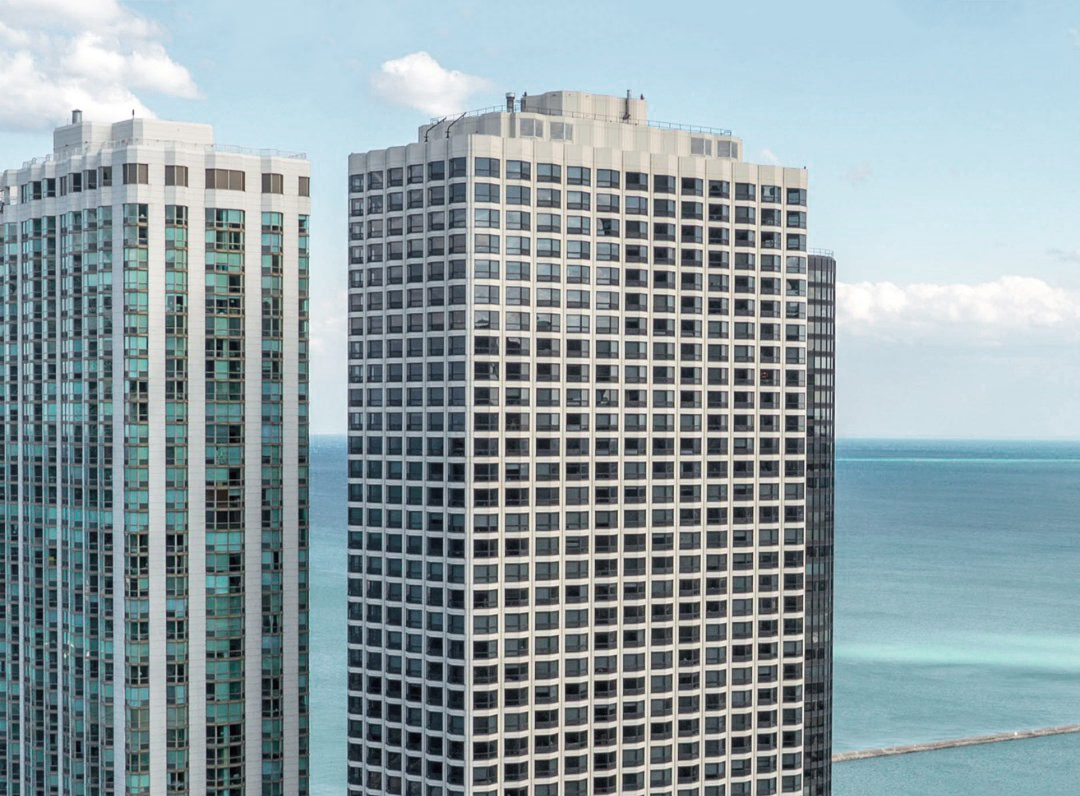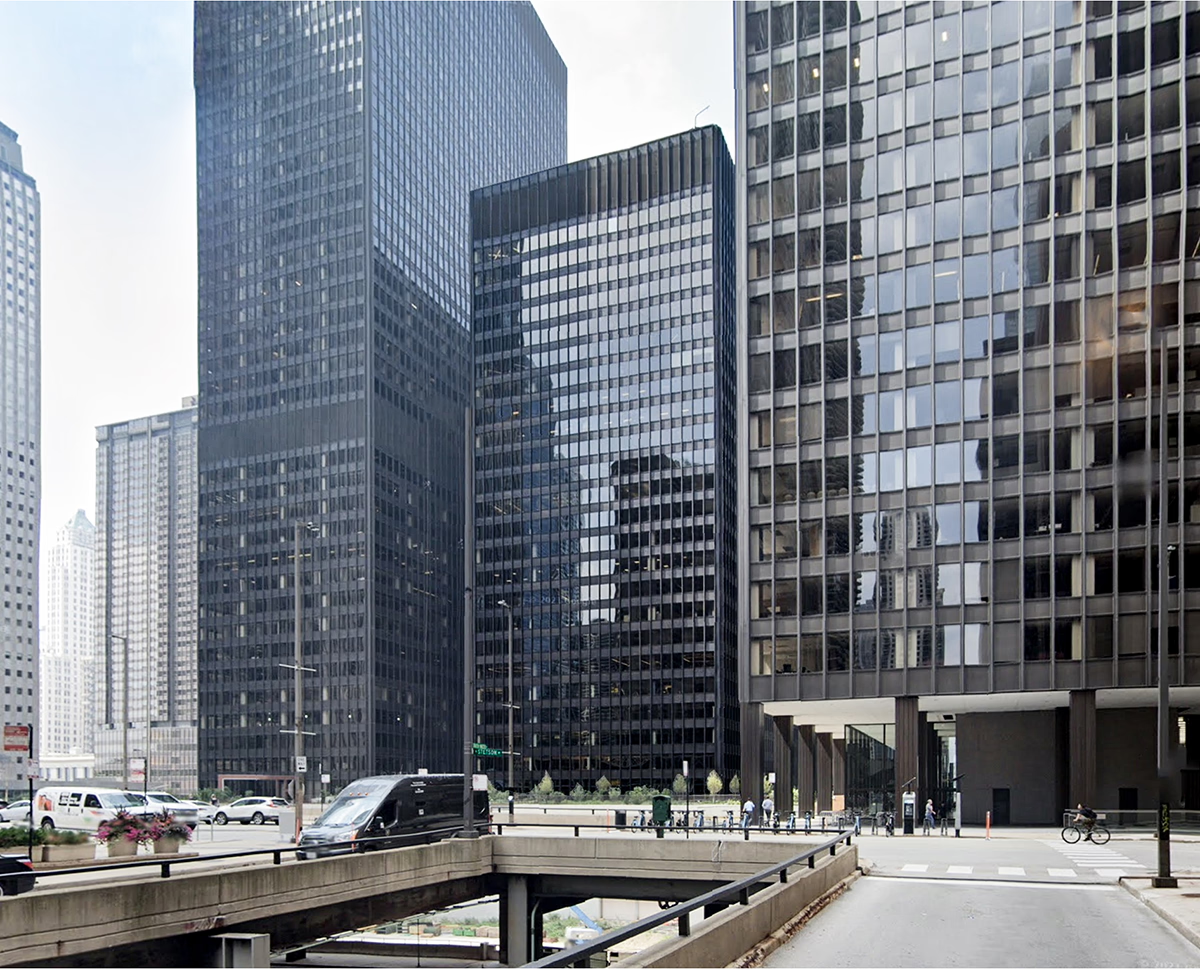North Harbor Tower vs Michigan Plaza North


Comparing the North Harbor Tower and the Michigan Plaza North is particularly interesting because they share the same skyline in Chicago, IL, and were both designed by Fujikawa Johnson & Associates. However, they were completed more than 7 years apart.
This offers a unique perspective on how the architect's style and the city's architecture evolved over time.
Height & Size
The North Harbor Tower is clearly the larger tower of the two, both in terms of height and number of floors. It rises to 554ft (169m) with 55 floors above ground, while the Michigan Plaza North reaches 335ft (102m) with 25 floors above ground.
Of course, each project may have faced different briefs or regulatory constraints, which we don't really know about and could also explain the outcome.
Architectural Style
The North Harbor Tower was designed in the Postmodernism style, while the Michigan Plaza North reflects the principles of International Style.
The Michigan Plaza North represents a late expression of the International Style, a style already in decline in 1981 when it was completed. By contrast, the North Harbor Tower followed the then mainstream Postmodernism, embodying the dominant architectural direction of its time.
Uses
The North Harbor Tower is primarily residential, while the Michigan Plaza North is primarily commercial.
The North Harbor Tower offers 600 residential units.
Both towers provide significant parking capacity, with North Harbor Tower offering 404 spaces and the Michigan Plaza North offering 565.
Structure & Facade
Both towers share the same structural solution, a Frame system.
A frame structure uses a grid of columns and beams to carry the building's loads. This frees the walls from structural duties, allowing for flexible floor plans and larger windows.
However, when it comes to the facade, both buildings use different approaches. The North Harbor Tower uses a Window Wall facade, while the Michigan Plaza North uses a Curtain Wall facade.
A Window Wall facade like the one seen in the North Harbor Tower uses panels fitted between floor slabs, leaving slab edges visible, while a curtain-wall facade like the one seen in the Michigan Plaza North uses a lightweight glass curtain wall hung from the structure.
| North Harbor Tower | Michigan Plaza North | |
|---|---|---|
| Fujikawa Johnson & Associates | Architect | Fujikawa Johnson & Associates |
| 1988 | Year Completed | 1981 |
| Postmodernism | Architectural Style | International Style |
| Residential | Current Use | Commercial |
| 55 | Floors Above Ground | 25 |
| 169 m | Height (m) | 102 m |
| Frame | Structure Type | Frame |
| Concrete | Vertical Structure Material | Concrete |
| Concrete | Horizontal Structure Material | Concrete |
| Yes | Facade Structural? | No |
| Glass, Concrete | Main Facade Material | Glass, Steel, Aluminum |
| Metropolitan Structues Inc. | Main Contractor | Metropolitan Structures Inc |
| Consentini Associates Inc | MEP Engineer | Cosentini Associates Inc |
| Alfred Benesch & Company | Structural Engineer | Alfred Benesh And Company |
| IL | State | IL |
| Chicago | City | Chicago |
| 175 North Harbor Drive | Address | 225 North Michigan Avenue |